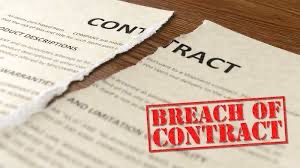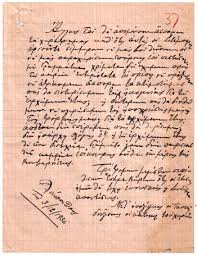
A breach of a confidentiality agreement may occasionally arise in estate litigation, particularly on behalf of the executor.
In order to found an action for breach of a confidentiality clause, the information in question must have the necessary quality of confidence.
A list of the factors to be considered confidential quality is found in Foreman v. Chambers et al, 2006 BCSC 1244 at para. 61, citing Pharand Ski Corp. v. Alberta (1991), 80 Alta. L.R. (2d) 216 (Q.B.):
a) the extent to which the information is known outside the owner’s business;
b) the extent to which it is known by employees and other involved in the owner’s business;
c) the extent of measures taken by the owner to guard the secrecy of the information;
d) the value of the information to the owner and his competitors;
e) the amount of money or effort expended by the owner in developing the information; and
f) the ease or difficulty with which the information could be properly acquired or duplicated by others by their independent endeavours.
The mere assembly of publicly available facts by itself does not render the information confidential. Rather, the information must be difficult to assemble, assembled in an innovative manner or analysed in an innovative manner: Foreman at para. 65.




